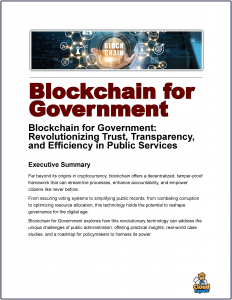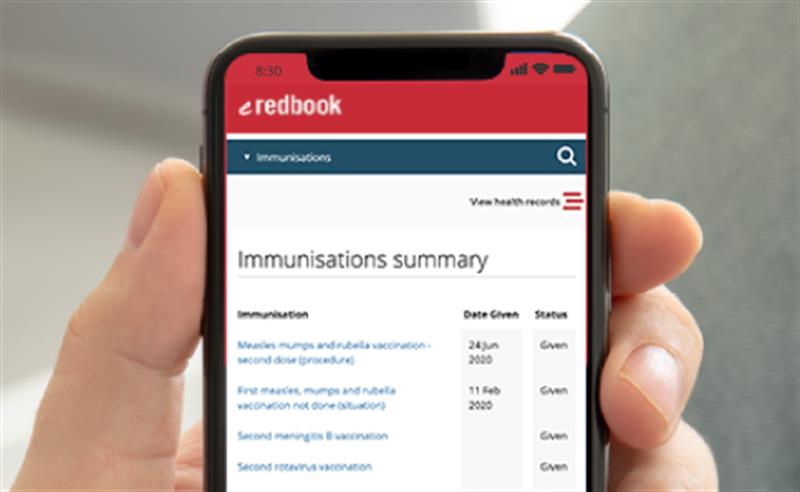 Europe stands at a pivotal moment in its technological and economic evolution.
Europe stands at a pivotal moment in its technological and economic evolution.
As the continent navigates the complexities of a digital-first world, blockchain technology emerges as a transformative force capable of redefining its future.
Dubbed “Europe 3.0,” this vision leverages blockchain to create a decentralized, transparent, and inclusive digital ecosystem that empowers citizens, businesses, and governments.
By harnessing blockchain’s potential, Europe can lead the charge toward a new era of innovation, trust, and sovereignty in the global digital economy.
The Foundation of Europe 3.0
The concept of Europe 3.0 builds on the legacy of Europe 1.0 (post-World War II integration) and Europe 2.0 (the digital and single-market advancements of the late 20th and early 21st centuries).
Europe 3.0 envisions a decentralized, citizen-centric framework where blockchain serves as the backbone for secure, transparent, and efficient systems across sectors. At its core, blockchain—a distributed ledger technology—ensures trust without intermediaries, immutability of records, and seamless cross-border collaboration. These qualities align perfectly with Europe’s values of unity, transparency, and innovation.
Blockchain’s transformative power lies in its ability to address longstanding challenges: bureaucratic inefficiencies, data silos, and trust deficits. For Europe, a region with 27 member states, diverse economies, and complex regulatory frameworks, blockchain offers a unifying platform to streamline processes, enhance interoperability, and empower individuals.
Key Pillars of Blockchain-Driven Europe 3.0
Digital Identity and Citizen Empowerment
A cornerstone of Europe 3.0 is self-sovereign identity (SSI), enabled by blockchain. SSI allows individuals to control their personal data, sharing only what is necessary for specific transactions. Imagine a European citizen accessing healthcare, voting, or financial services across borders with a single, secure digital ID.
Blockchain-based SSI systems, like those being explored in the European Blockchain Services Infrastructure (EBSI), ensure privacy, reduce fraud, and eliminate the need for redundant verifications. By 2030, EBSI aims to enable cross-border services such as academic credential verification and professional qualifications, fostering a truly integrated digital single market.
Decentralized Governance and Transparency
Blockchain can revolutionize governance by making public processes more transparent and accountable. Smart contracts—self-executing agreements coded on the blockchain—can automate public procurement, ensuring fairness and reducing corruption. For instance, Estonia, a pioneer in e-governance, has integrated blockchain to secure health records and e-voting systems. Scaling such initiatives across Europe could enhance trust in institutions, streamline bureaucracy, and enable participatory democracy through secure, transparent voting mechanisms.
Economic Innovation and Financial Inclusion
Blockchain is redefining finance through decentralized finance (DeFi) and tokenized assets. Europe 3.0 can leverage these tools to democratize access to capital, especially for small and medium-sized enterprises (SMEs), which form the backbone of the EU economy. By tokenizing assets like real estate or intellectual property, blockchain enables fractional ownership, unlocking liquidity and investment opportunities.
Moreover, central bank digital currencies (CBDCs), such as the digital euro under exploration by the European Central Bank, could enhance monetary sovereignty while ensuring financial inclusion for unbanked populations.
Sustainable Supply Chains and Circular Economy
Europe’s commitment to sustainability aligns seamlessly with blockchain’s ability to ensure transparency in supply chains. From tracing the origin of agricultural products to verifying the ethical sourcing of raw materials, blockchain can provide immutable records that build consumer trust and support the EU’s Green Deal objectives. For example, blockchain-based platforms like IBM’s Food Trust are already enabling traceability in food supply chains. In Europe 3.0, such systems could scale to create a fully transparent, circular economy, reducing waste and promoting sustainable practices.
Interoperability and Cross-Border Collaboration
Europe’s diversity is its strength, but it also poses challenges for interoperability. Blockchain’s decentralized nature allows for standardized, secure data exchange across borders without compromising national sovereignty. The EU’s Alastria network, a permissioned blockchain, demonstrates how public-private collaboration can create scalable solutions for cross-border trade, logistics, and data sharing. By fostering interoperability, blockchain can reduce friction in the single market, boosting economic efficiency.
Challenges and the Path Forward
While the potential of blockchain for Europe 3.0 is immense, challenges remain. Scalability, energy consumption, and regulatory harmonization are critical hurdles. Public blockchains like Ethereum have faced criticism for high energy use, though innovations like Ethereum’s transition to proof-of-stake and layer-2 solutions are addressing these concerns. Europe must invest in energy-efficient blockchain protocols and foster collaboration between regulators, technologists, and industry leaders to create a cohesive framework.
Regulatory clarity is paramount. The EU’s Markets in Crypto-Assets (MiCA) regulation, set to be fully implemented by late 2024, provides a robust framework for crypto-assets, but ongoing dialogue is needed to balance innovation with consumer protection. Additionally, public education and digital literacy campaigns are essential to ensure citizens embrace blockchain-based systems without fear of complexity or privacy risks.
A Call to Action for Europe 3.0
Europe has a unique opportunity to lead the global blockchain revolution. By investing in research, fostering public-private partnerships, and prioritizing citizen-centric solutions, the EU can build a digital ecosystem that reflects its values of inclusivity, transparency, and sustainability. Initiatives like the European Blockchain Partnership and Horizon Europe’s funding for blockchain research are steps in the right direction, but bolder action is needed.
To realize Europe 3.0, stakeholders must:
- Accelerate adoption of blockchain in public services, starting with pilot projects in identity, healthcare, and education.
- Foster innovation hubs to support blockchain startups and SMEs, ensuring Europe remains competitive with global leaders like the U.S. and China.
- Promote digital literacy to empower citizens to engage with blockchain technologies confidently.
- Collaborate globally to set international standards for blockchain interoperability and ethics, reinforcing Europe’s role as a global tech leader.
The Vision of Europe 3.0
Imagine a Europe where citizens seamlessly access services across borders with a single digital ID, where businesses thrive in a transparent, frictionless single market, and where governments operate with unparalleled efficiency and trust. Blockchain is not just a technology—it’s the foundation for a reimagined Europe that embraces innovation while staying true to its values.
Europe 3.0 is within reach. By embracing blockchain as the platform for this new era, Europe can redefine its future, empower its citizens, and lead the world toward a decentralized, equitable digital age. The time to act is now—let’s build the future together.
Innovation Projects and Pioneers
Below is a list of the main innovation projects, research programs, and pioneers relevant to the objective of leveraging blockchain as the platform for Europe 3.0.
- European Blockchain Services Infrastructure (EBSI): EBSI is the EU’s flagship blockchain initiative, launched in 2018 by the European Blockchain Partnership (EBP), comprising all 27 EU member states, Norway, Liechtenstein, and the European Commission. It aims to deliver cross-border public services using blockchain, focusing on trust, security, and interoperability.
-
European Blockchain Partnership – Formed in 2018 by 29 countries and the European Commission, the EBP drives EBSI’s development and promotes blockchain-based public services. It coordinates cross-border collaboration and use case development.
- European Blockchain Sandbox: Launched by the European Commission in 2023, this regulatory sandbox hosts 20 blockchain projects annually until 2026, providing legal and regulatory guidance to foster innovation. It supports startups and public entities in testing blockchain solutions in a safe environment.
- Alastria Network: Alastria is a Spain-based, permissioned blockchain consortium founded in 2017, involving over 500 members, including businesses, public administrations, and universities. It uses a Quorum-based Ethereum implementation to support use cases like digital identity, supply chain, and financial services.
- British Blockchain Association: The BBA have led the development of the UK’s Blockchain Roadmap, seeking to position the UK as a Blockchain and Crypto Centre of Excellence, defining a 6-Point Action Plan to turbocharge the UK’s Web 3.0 economy.
- Scottish Enterprise / Napier University: In Scotland academics and business leaders have launched a Scottish ‘centre of excellence for digital trust and distributed ledger technology’ – to support online safety in key sectors including finance and healthcare.




